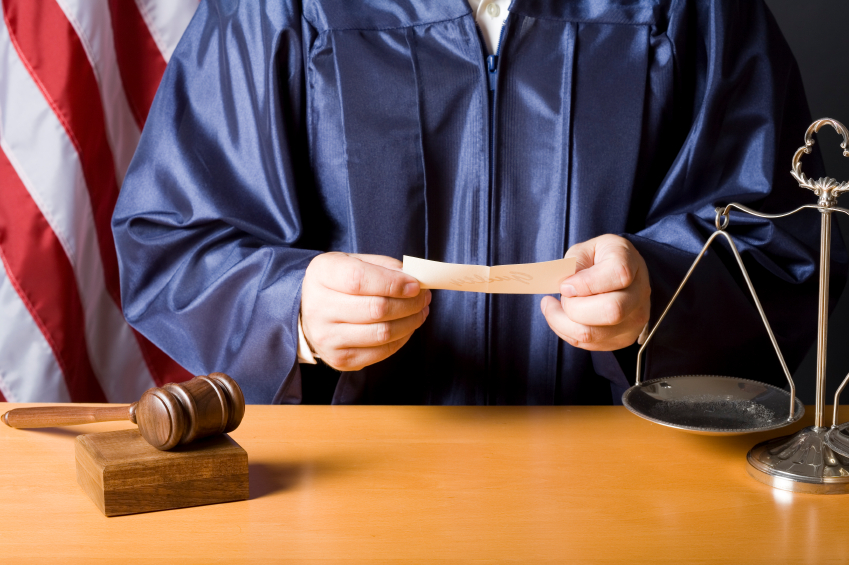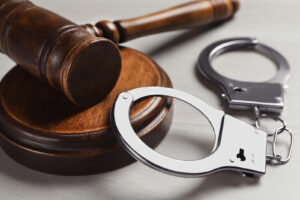
DUI Lawyer
Being charged with a DUI in Los Angeles can have serious consequences, including fines, license suspension, and even jail time. Two common pieces of evidence used in DUI cases are breathalyzer and field sobriety test results. However, these tests are not infallible and experienced DUI lawyers in Los Angeles have various strategies to challenge their accuracy and reliability. How DUI Lawyer defend against breathalyzer and field sobriety test results, providing insight into the defense strategies that could help reduce or dismiss your charges.
How do Breathalyzer Tests work?
A breathalyzer is a device used to estimate a person’s Blood Alcohol Concentration (BAC) by measuring the amount of alcohol in their breath. In California, a BAC of 0.08% or higher is considered legally impaired. Law enforcement officers use breathalyzers during traffic stops to determine whether a driver is under the influence of alcohol.
Common Issues with Breathalyzer Accuracy:
While breathalyzer tests are widely used, they are not always accurate. Several factors can affect the reliability of the results, including:
- Device Calibration: Breathalyzers must be regularly calibrated to ensure accurate readings. A poorly calibrated device can produce incorrect results.
- Mouth Alcohol: Residual alcohol in the mouth from mouthwash, breath sprays, or even burping can lead to artificially high BAC readings.
- Health Conditions: Certain medical conditions, such as acid reflux or diabetes, can produce chemicals that interfere with breathalyzer results, leading to false positives.
- Improper Usage: The accuracy of a breathalyzer test depends on the proper administration by the officer. Improper usage or failure to follow protocols can result in inaccurate readings.
Common Defenses Against Breathalyzer Test Results:
Challenging Device Calibration and Maintenance
One of the primary defenses DUI lawyers use is challenging the calibration and maintenance records of the breathalyzer device. Lawyers will request records to determine whether the device was properly calibrated and maintained according to the manufacturer’s guidelines. If the device was not calibrated correctly, the results may be deemed unreliable and inadmissible in court.
Questioning the Officer’s Training and Administration
Another defense strategy involves questioning whether the officer who administered the test was properly trained and followed the correct procedures. DUI lawyers may cross-examine the officer to identify any deviations from standard protocols, such as failing to observe the suspect for 15 minutes before administering the test, which could invalidate the results.
Arguing the Presence of Mouth Alcohol
DUI lawyers can argue that the presence of residual mouth alcohol, rather than actual impairment, caused the elevated BAC reading. They may present evidence that the defendant had recently used mouthwash, consumed alcohol-based medicine, or experienced a condition that caused mouth alcohol to remain, thereby skewing the results.
Health Conditions and Medical Defenses
If the defendant has a medical condition that could affect the breathalyzer results, such as gastroesophageal reflux disease (GERD) or diabetes, the lawyer may present medical evidence to challenge the accuracy of the test. Expert testimony from medical professionals can be used to explain how these conditions could have led to a false positive result.
What Are Field Sobriety Tests?
Field Sobriety Tests (FSTs) are physical and cognitive tests conducted by law enforcement officers during a DUI stop to assess a driver’s level of impairment. Common FSTs include:
- Horizontal Gaze Nystagmus (HGN) Test: The officer observes the suspect’s eye movements as they follow a moving object, looking for involuntary jerking.
- Walk-and-Turn Test: The suspect is asked to walk in a straight line, heel-to-toe, turn, and walk back, assessing balance and coordination.
- One-Leg Stand Test: The suspect is asked to stand on one leg while counting aloud, testing balance and focus.
Limitations and Inaccuracies of Field Sobriety Tests Field Sobriety Tests are subjective and can be influenced by various factors unrelated to alcohol impairment, such as:
- Physical Limitations: Medical conditions, injuries, or disabilities can affect a person’s ability to perform FSTs, leading to false indications of impairment.
- Environmental Conditions: Poor lighting, uneven surfaces, and weather conditions can interfere with the accuracy of FSTs, making it difficult for even sober individuals to perform well.
- Nervousness and Anxiety: The stress of being pulled over and asked to perform FSTs can cause nervousness and anxiety, which may lead to poor performance.
Common Defenses Against Field Sobriety Test Results:
Challenging the Officer’s Observations: DUI lawyers often challenge the officer’s observations and interpretations of the Field Sobriety Tests. Since FSTs are subjective, the officer’s personal biases or errors in judgment can lead to inaccurate conclusions. Lawyers may argue that the officer misinterpreted the defendant’s actions or failed to consider alternative explanations for the behavior observed.
Highlighting Physical or Medical Conditions: If the defendant has a physical or medical condition that could have affected their performance on the FSTs, the lawyer may present evidence to explain why the tests were not reliable indicators of impairment. For example, if the defendant has a knee injury or suffers from vertigo, the lawyer could argue that these conditions impaired their ability to perform the tests but do not indicate intoxication.
Questioning the Testing Environment: The environment in which the FSTs were conducted can also be a point of defense. DUI lawyers may argue that the tests were administered in conditions that made it difficult to perform well, such as on an uneven surface, in poor lighting, or during adverse weather conditions. They may also question whether the officer gave clear and consistent instructions during the tests.
Using Expert Witnesses: In some cases, DUI lawyers may call upon expert witnesses, such as forensic toxicologists or medical professionals, to testify about the limitations of Field Sobriety Tests and the factors that could have influenced the results. These experts can provide scientific and medical explanations that challenge the validity of the FSTs as evidence of impairment.
The Role of a DUI Lawyer in Defending Against Test Results:
Comprehensive Case Evaluation: A skilled DUI lawyer will conduct a comprehensive evaluation of the case, examining all aspects of the arrest, including the administration of a breathalyzer and field sobriety tests. They will review police reports, body camera footage, and witness statements to identify any inconsistencies or errors that could be used to challenge the test results.
Strategic Defense Planning: Based on the case evaluation, the DUI lawyer will develop a strategic defense plan tailored to the specific circumstances of the case. This plan may involve filing pre-trial motions to suppress the test results, negotiating with the prosecutor for a reduced charge, or preparing a strong defense for trial.
Courtroom Advocacy: If the case goes to trial, the DUI lawyer will advocate on behalf of the defendant, presenting evidence and arguments to challenge the reliability of the breathalyzer and field sobriety test results. They will cross-examine the arresting officer, question the validity of the tests, and present expert testimony to create reasonable doubt about the accuracy of the evidence.
Conclusion:
Breathalyzer and field sobriety test results are commonly used as evidence in DUI cases, but they are not infallible. Experienced DUI lawyer in Los Angeles have a range of defense strategies to challenge the accuracy and reliability of these tests, from questioning the calibration of the breathalyzer device to highlighting physical conditions that could affect FST performance. If you’re facing DUI charges, it’s essential to have a skilled lawyer who can effectively defend against these test results and work towards the best possible outcome for your case.





